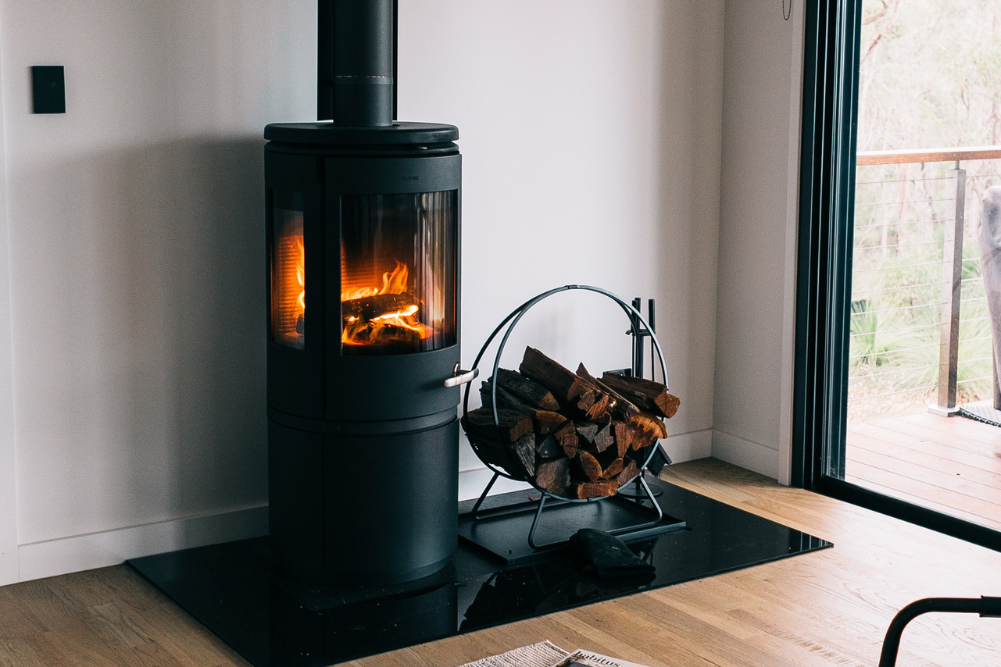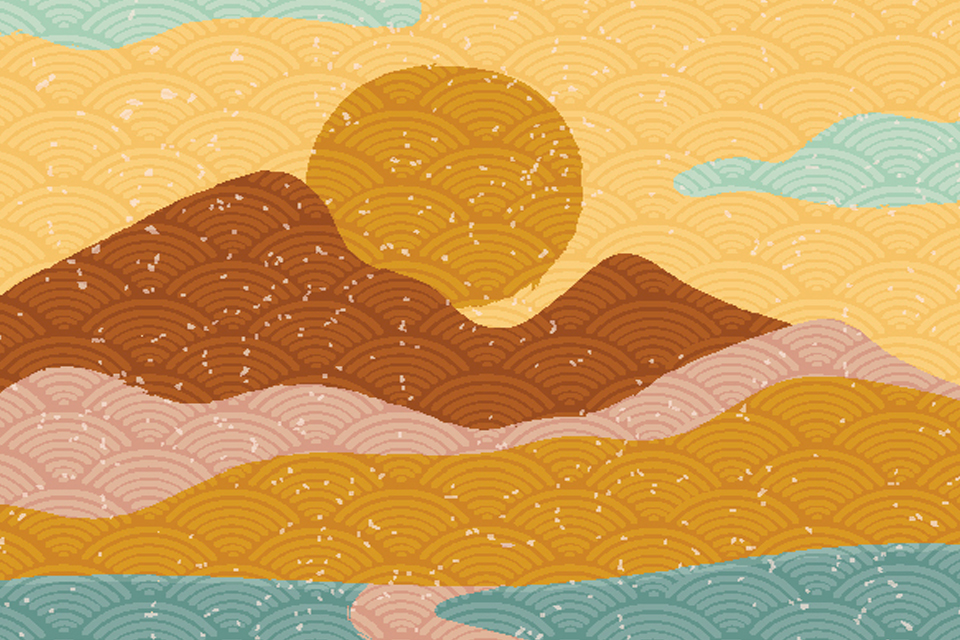There was a time in my life when I wanted to avoid winter altogether. An endless summer — it’s something dreams are made of. It was simple: spend summer in the southern hemisphere and then as the seasons change, head over to the northern hemisphere and do it all again. I thought I was a genius that had cracked some sort of magic code. I did this for four summers, thinking I was living my best life, but then I started to notice a shift in my energy. I was feeling fatigued, even though I was well rested and not working too hard. I felt less creative and depleted. There was something not quite right, and I couldn’t place my finger on it. It wasn’t until I was facing my first winter in years that I saw a Chinese Medicine doctor who pointed out that my avoidance of winter had actually had an effect on my health.
Each season brings with it a new energy, climate and food group for us to enjoy. Winter is a powerful time to recharge, reconnect and deeply nourish ourselves on all levels. As humans, we are designed to thrive in the area we inhabit, which is why eating local food is so important for our health. Our bodies attune to the change of seasons that we are accustomed to and can use that to function optimally. The seasons move in cycles — cycles that our bodies are designed to embrace in order to thrive. In the modern world, we’ve lost touch with seasonal living and expect that we can get avocadoes and mangoes year-round and walk around in shorts every day. Of course, all of this depends on where you live, where you grew up and the climate you are subject to, but for most people, there is a shift in seasons, even if it’s subtle.
Our lack of connection to nature and lack of understanding of the seasons can contribute to our overall health. I learned first-hand that an endless summer can burn your energy, adrenals and leave you feeling depleted. Our bodies need the rest and recuperation that winter brings. This is because we are nature; we aren’t separate from it. When we can learn to live in sync with our environment, just as our ancestors did, we can experience a greater sense of flow, connection, balance and overall wellbeing.
As winter begins to set in here in the southern hemisphere, there are a few ways that we can learn to understand the season and work with it to harness the powerful healing and rejuvenation available to us during this time.
Leaning into rest and reflection
According to Chinese Medicine doctor Abbie Cloherty, winter is a time of going within: “As a season, it’s a time of reflection and rejuvenation. Hibernation of all of the systems in the body, from both a physical and mental perspective.” Chinese Medicine places a big emphasis on the organ body, and the kidneys are the key focus of nourishment in winter. The kidneys are a vital organ for generating your life force. They are represented by the water element and darkness. They need the darkness of winter to hibernate, rest, reflect and repair in order to be able to fill themselves up to produce enough energy to sustain you throughout summer. What I was experiencing through my endless summer was some serious kidney depletion, as they were constantly “on” and never given a proper chance to rest — like a bear skipping hibernation.
Chinese Medicine also teaches us that from an energetic perspective, rest is the key to creation. If you don’t rest, you cannot rise. According to Abbie, “If you don’t take space and time to reflect, rest and rejuvenate, you cannot create.” This is echoed through the ancient Indian texts The Vedas, which talk about creation energy being a part of a cycle. This cycle is seen as creation, maintenance and destruction. We move through each of these cycles regularly, however, we can apply them to winter and see it as a time to rest, go within and observe what it is we need to maintain and what’s no longer relevant to our evolution and thus can be destroyed (or let go of, to be less dramatic). By embracing the slow and inward energy of winter, we can allow space for our cortisol and adrenaline levels to drop and the body and mind to relax. This creates the perfect environment for us to connect to our inner compass and find what truly feels in alignment for us to then be able to use the energy of summer to create.
Living and eating seasonally
The practices within Ayurveda, the sister science of yoga, echo that of Traditional Chinese Medicine. Ayurveda teaches us that winter is a time of hibernation and inward connection. It’s said that the digestive fire, agni, is stronger in winter in order to help keep the body warm, which means it becomes easier to digest heavier meals. According to Ayurvedic practitioner Dylan Smith of Vital Veda, “If you are going to eat heavier foods, winter is the time to do it as the digestive fire is at its strongest. You’ll also notice you want to eat more.”
There’s a reason why slow-cooked stews and curries are at the top of most peoples’ comfort-food lists. These heavier meals help support our bodies to refuel during the winter months and support our increased appetite and desire for soul food. Adding ghee to your food is another way to avoid the “dryness” that winter can bring. According to Dylan, “It’s important to mitigate the dryness that comes with the winter months with oils such as ghee in your food, and daily practices such as abhyanga (an oil-based self-massage).” These simple practices help our bodies to mitigate the harshness of the winter climate so that we can remain in balance.
Living and eating seasonally is one of the most simple yet effective ways to optimise your health. Get in touch with what grows in your area at different times of the year. If you don’t see bananas growing on the trees around you, perhaps it’s best to skip the banana smoothie in favour of a locally grown alternative. When we do this on a physical level, we open up a portal of possibilities for our bodies to tap into the energetic aspect of the season so that we can live in alignment with our truest essence and remember that we are nature.
Tips on supporting your wellbeing during winter
- Always keep your feet warm. According to Abbie, the kidney channel runs up the inside of your legs, so it’s incredibly important to keep your feet and legs warm. Think socks, long pants and warm foot baths. You can take it up a level and add some magnesium to your bath.
- Be wary of the wind! Wear a scarf and keep your neck warm.
- Mitigate dryness with oils such as
- ghee or doing the Ayurvedic practice of abhyanga (self-massage).
- Eat seasonally. Notice what’s available in your area, and eat that. We are not supposed to eat the exact same produce year-round.
- Set aside time to meditate and reflect. Use the energy of this time to slow down, rest and reconnect with yourself.
- Begin a journalling practice to connect deeper to your inner desires, and allow your inner compass to guide you.




